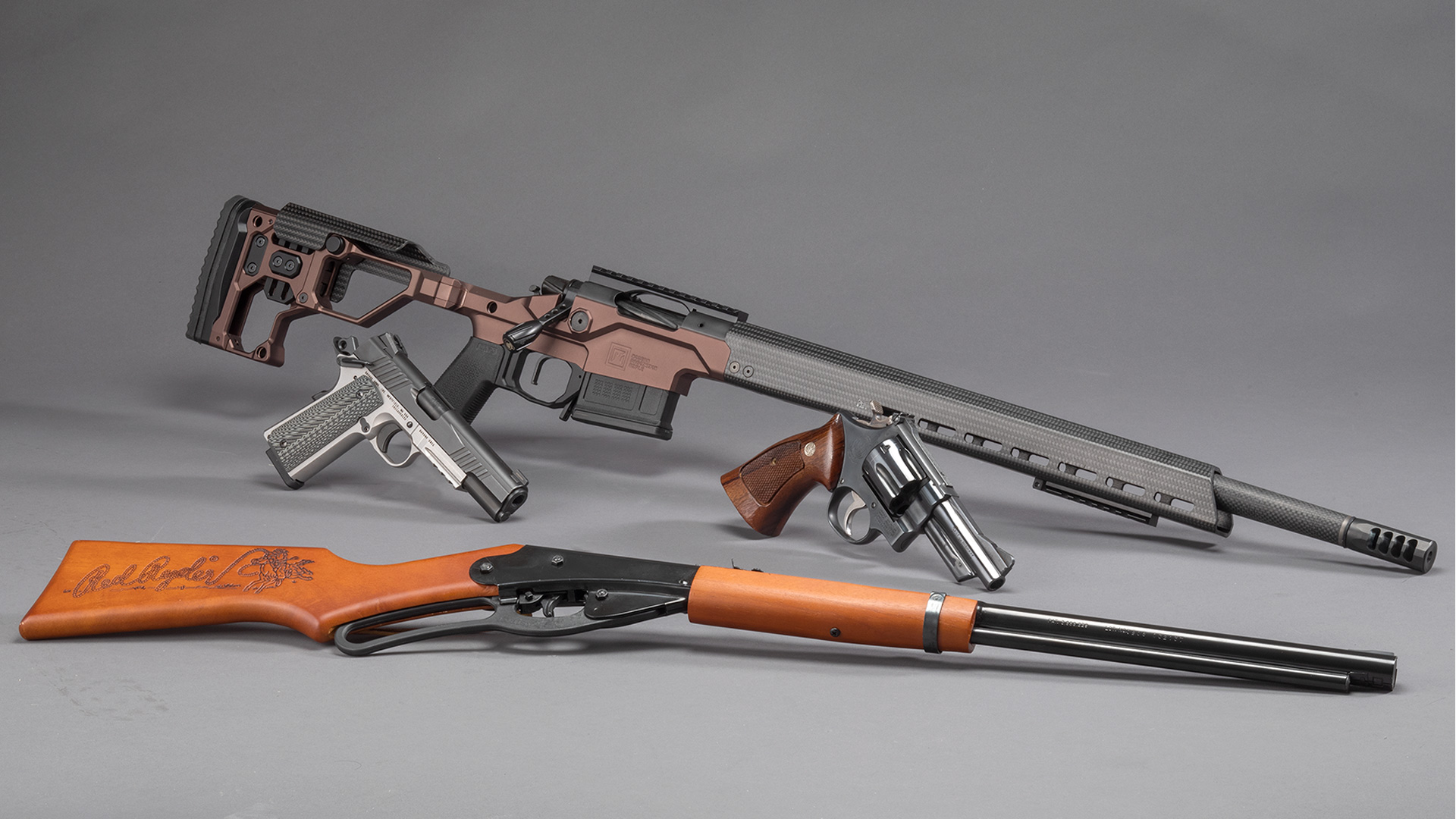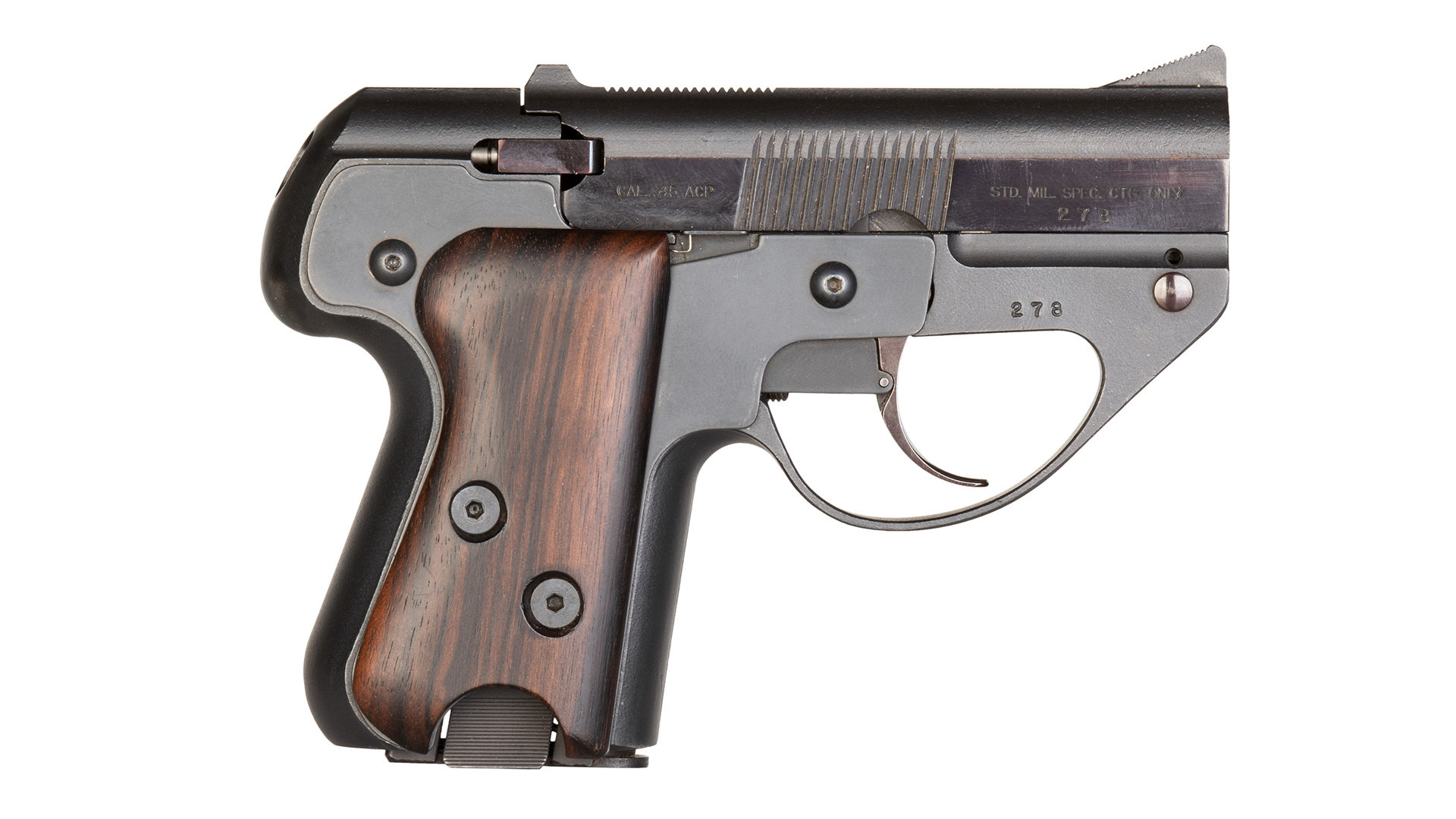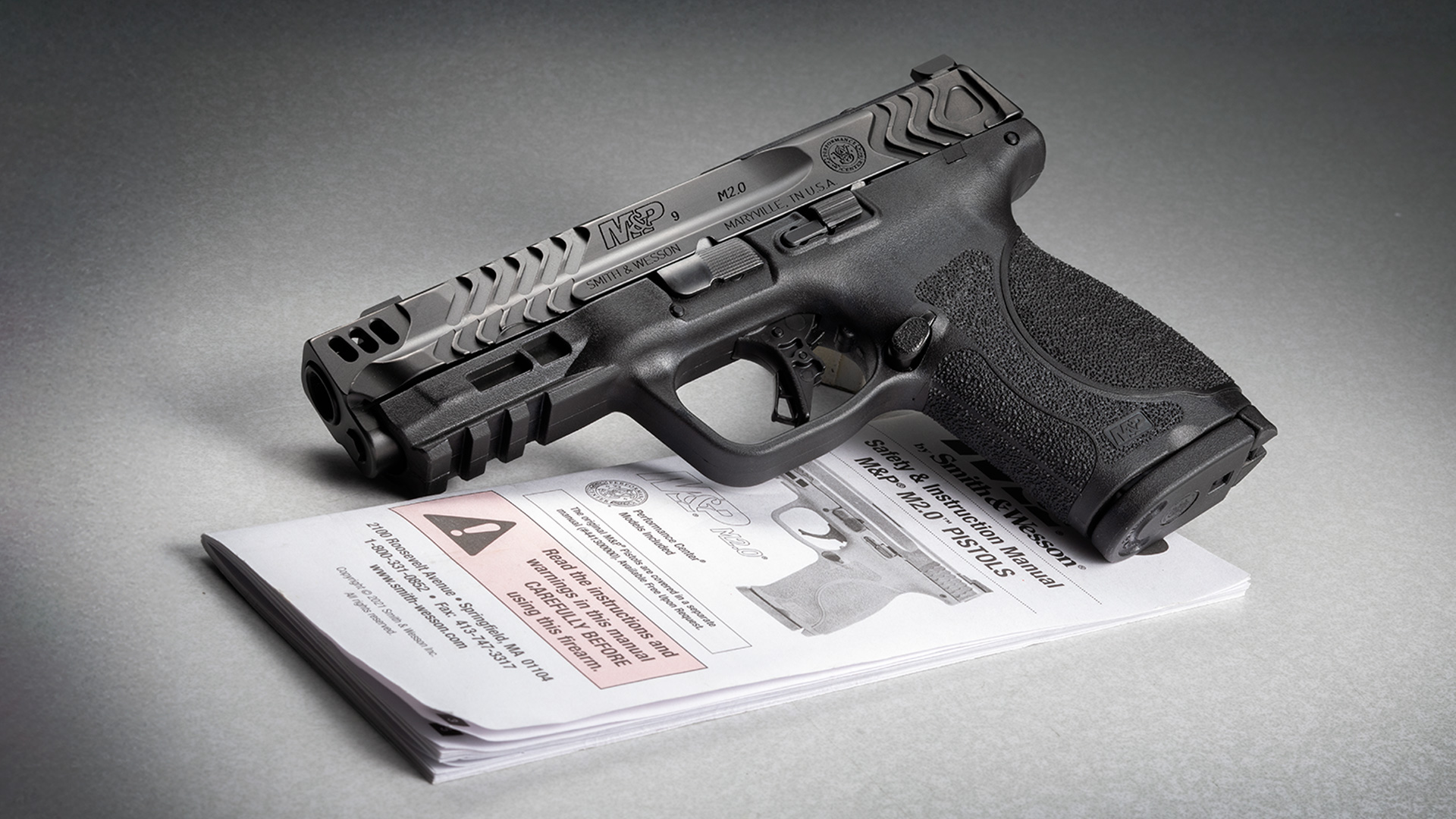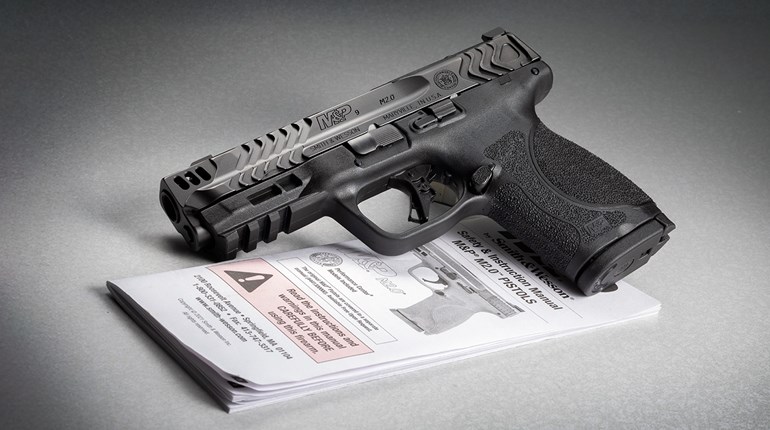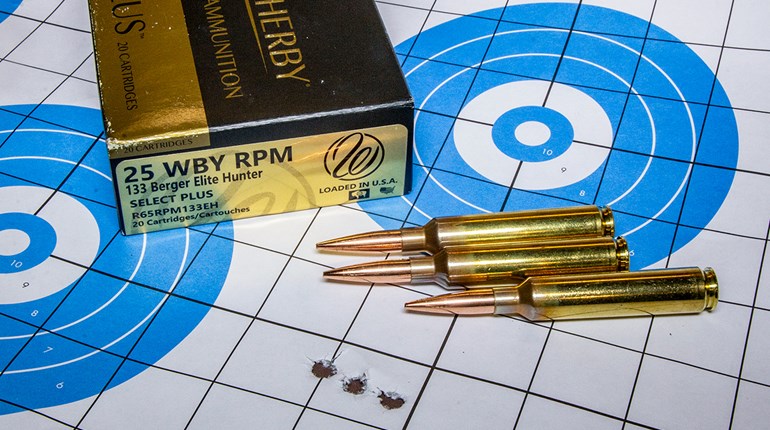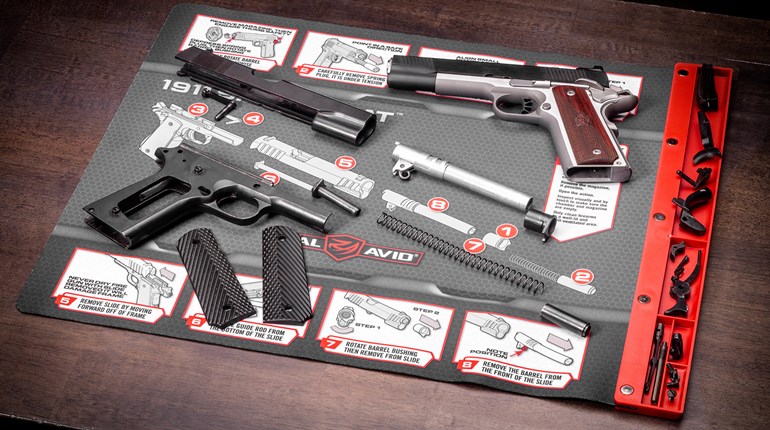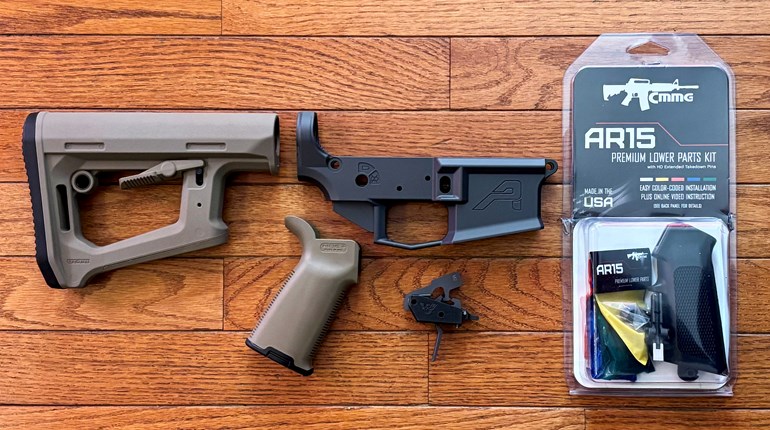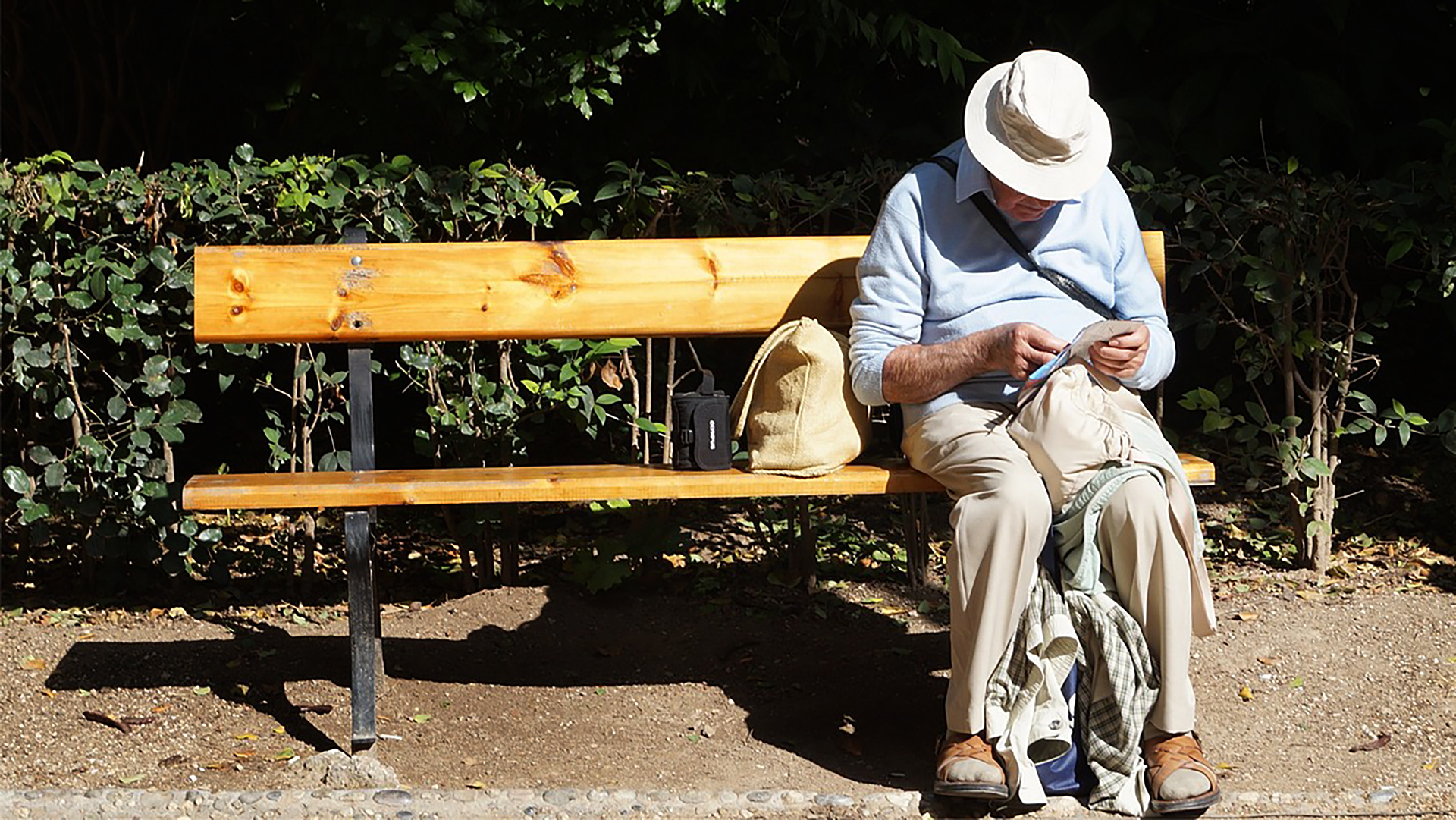
I have been curious about what age group is most vulnerable to crime, so I did some research and it looks like the elderly population "wins" the proverbial jackpot in several different styles of victimization. There are tons of articles and information out there that support my research, so much so, that I have had to narrow down my article’s subject matter to just theft/burglary.
Who is considered “elderly”?
USCourts.gov reports that there is no agreement among researchers on the specific age that should be used to categorize the “elderly.” Some of the research on older offenders and victims of crime categorizes the older person as age 50 and above; other researchers use 60 years and above as the cut-off point, where some have used 65 and above as the age to define the elderly and still some say ages 75 and older. In the research presented in my article, elderly is defined as age 70 or more.
Office of Justice Program researchers have identified the elderly population as being more vulnerable to crime than other age groups. Below are bullet points as to why a more mature person is targeted.
- Socially isolated
- Physical characteristics
- Perception of mental weakness
- Tend to live in urban areas
- Economic needs
- Depend on public transportation
- Follow predictable behavior patterns
- Less aware and possibly more trusting
Why Do Criminals Target Them?
 Now that we have established why, let’s establish what kind of crimes are most favored among criminals. You may not believe this, but the elderly are the least victimized age group for violent/major crimes/felonies but are the most victimized for purse snatching. They rank highest for burglary, physical abuse, robbery, and financial fraud/scams. A large group of seniors from 10 counties in Florida and Texas were all asked the same question, “What style of crime is a major concern for you”? Their survey responses were:
Now that we have established why, let’s establish what kind of crimes are most favored among criminals. You may not believe this, but the elderly are the least victimized age group for violent/major crimes/felonies but are the most victimized for purse snatching. They rank highest for burglary, physical abuse, robbery, and financial fraud/scams. A large group of seniors from 10 counties in Florida and Texas were all asked the same question, “What style of crime is a major concern for you”? Their survey responses were:
- Purse snatching, 45 percent
- Rape, 72 percent
- Murder, 47 percent
- Theft, 70 percent
- Burglary, 70 percent
When their answers were compared to the actual crimes reported, some of their fears were solid but some were exaggerated. The reported crimes in their counties for purse snatching, rape and murder was almost nonexistent in their age group but they were extremely high for thefts and burglary.
Through my research, I am seeing a very distinct pattern on when and where these crimes take place. It is clearly the environment and location that breeds opportunity. Most theft/burglaries were in broad daylight between 10am and 3pm, at the person’s residence, or within walking distance of their home.
Now that we have established who, why, what, where and when, let’s talk about property crime prevention (on body or at home) for ages 70 and above, without spending a big chunk of money.
- Contact your local police department and see if they offer a home security check. They can be helpful in pointing out vulnerable areas around your residence.
- Lock doors and windows
- Barking dog
- Put timers on lights
- Bright outside lights
- Trim bushes
- Leave a radio or TV on when you are away
- NEVER leave a spare key in an obvious spot. Be creative
- Have a friend accompany you when running errands
- Walk with confidence, head up and look around for anyone that takes interest in you.
- At the least, acquire verbal commands and pepper spray skills. Please consider pepper spray “stream” (aim at eyes) to carry with you and “mist” (deny access into a room) for your home.
- Healthy “mindset”
- Consider taking a firearms training class like the NRA's Adaptive Shooting Program, which is designed for the elderly and people with mobility issues
"All Things Are Ready, If Our Minds Be So"
I would like to close with a definition of “mindset” from John Hearne, owner of Two Pillars Training and Rangemaster Staff Instructor.
“For me, the mindset is a simple word to describe a very complex state of mind. Reduced to its essence, proper mindset is the possession of a mental representation, AKA a mental map that accurately reflects one’s daily reality. The research from a variety of fields, whether it’s a professional sports team or a surgeon, tells us that those with the best mental maps consistently perform the best. A proper self-defense mindset starts with the acceptance that there is evil in the world. If you don’t or can’t accept that there is evil in the world, then the mental preparation, tool carrying, and skill acquisition are just motions gone through to feel better or “safer.” If you have accepted the world as it is, then all our accepted best practices logically follow. For instance, if your mental map is accurate, you know that injury is always a possibility, and it naturally flows that you’ll have the knowledge and tools to deal with it. Part of a valid mental map includes a risk profile that changes from day to day, or even hour by hour. This realistic assessment of your greatest threats drives everything from the tools you carry to the choice to even carry a gun at a particular location. In a nutshell mindset is the acceptance of the world as it is, not how we would like it to be, and then doing what is necessary to prepare.”
















